Mizuho bank says it will roll out generative AI to 45,000 employees
Japan’s Mizuho is providing access to Microsoft Azure OpenAI at a time when the US is placing greater restrictions on ChatGPT
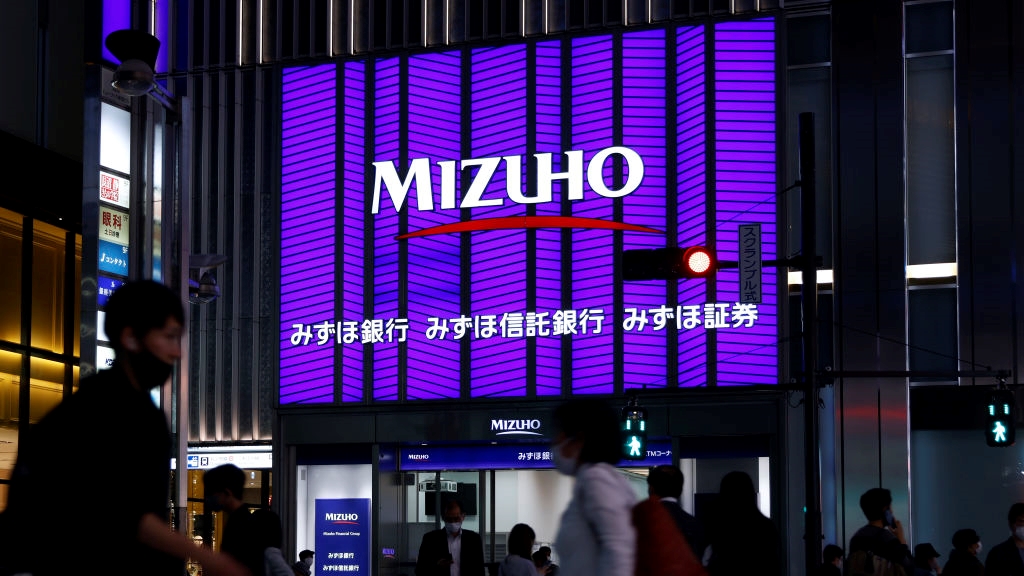

Japanese banking giant Mizuho has announced it will roll Microsoft’s Azure OpenAI service out to 45,000 employees.
Mizuho announced its consideration of Microsoft’s Azure OpenAI in April, intending to use the technology to accelerate its digital transformation. The company plans to use the technology for coding, drafting documentation, and fielding employee queries regarding procedures and systems.
The institution was also at pains to insist that the environment would be secure and that, as well as Microsoft’s own security and compliance tools, it would be building “an appropriate management system”.
According to reports this morning, the bank will be rolling out access to Azure OpenAI to 45,000 employees this week. In an interview, Toshitake Ushiwatari, general manager of the bank’s planning department, described the decision as “like poking a beehive”, referring to the excitement among employees keen to submit their ideas for consideration.
RELATED RESOURCE
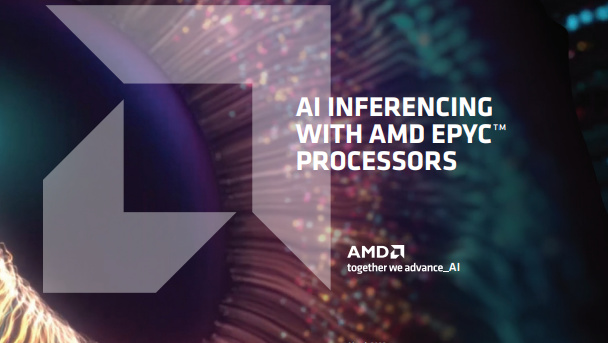
AI inferencing with AMD EPYC™ processors
Providing an excellent platform for CPU-based AI inferencing
The decision comes at a time when US lawmakers are planning to set limits on staff use of ChatGPT. Following concerns about the implications of the technology, reports have emerged of US lawmakers raising guardrails around the use of ChatGPT.
In a memo obtained by Axios, House of Representatives Chief Administrative Officer, Catherine L. Szpindor, instructed staffers that only ChatGPT Plus was to be used (the product requires a subscription and incorporates privacy features) and that authorization was only provisional at this stage.
Szpindor’s memo went on to require that privacy settings be enabled, the tool should not be integrated into regular workflows and that sensitive data should not be copy and pasted into it.
Get the ITPro daily newsletter
Sign up today and you will receive a free copy of our Future Focus 2025 report - the leading guidance on AI, cybersecurity and other IT challenges as per 700+ senior executives
Why would you want to restrict the use of ChatGPT?
Generative AI tools have proven themselves adept at “generating” content based on a large data set. However, there are two main reasons for restricting the usage of something like ChatGPT.
The first is privacy. What goes into ChatGPT can be added to its data set and so might end up getting reproduced in response to another user’s query. Hence Szpindor’s requirement that sensitive data not be pasted into the tool.
The second is the danger of a generative AI tool outputting something that looks believable but is actually incorrect.
What is the difference between Azure OpenAI and ChatGPT?
It is important not to conflate Azure OpenAI and ChatGPT in this context. While the latter is designed for conversational AI applications, the former makes use of Azure’s security capabilities and can integrate with other Azure services as well as including support for ChatGPT itself.
Azure OpenAI also follows Microsoft’s Responsible AI principles which, according to the company, means that AI systems should be secure and respect privacy, be reliable and safe, and treat all people fairly.
The company additionally states “People should be accountable for AI systems.”
What does this mean for business?
Generative AI is undoubtedly concentrating minds. According to an IBM study released today, half of CEOs surveyed reported that they are already integrating generative AI into digital products and services.
However, 57% were concerned about data security and 48% expressed concerns over accuracy.
Significantly, 75% of the CEOs surveyed felt that the organization with the most advanced generative AI would have a competitive advantage.
This chimes with Ushiwatari’s closing comment: “This is something we have to do, otherwise, we get left behind.”

Richard Speed is an expert in databases, DevOps and IT regulations and governance. He was previously a Staff Writer for ITPro, CloudPro and ChannelPro, before going freelance. He first joined Future in 2023 having worked as a reporter for The Register. He has also attended numerous domestic and international events, including Microsoft's Build and Ignite conferences and both US and EU KubeCons.
Prior to joining The Register, he spent a number of years working in IT in the pharmaceutical and financial sectors.
-
 Cleo attack victim list grows as Hertz confirms customer data stolen
Cleo attack victim list grows as Hertz confirms customer data stolenNews Hertz has confirmed it suffered a data breach as a result of the Cleo zero-day vulnerability in late 2024, with the car rental giant warning that customer data was stolen.
By Ross Kelly
-
 Lateral moves in tech: Why leaders should support employee mobility
Lateral moves in tech: Why leaders should support employee mobilityIn-depth Encouraging staff to switch roles can have long-term benefits for skills in the tech sector
By Keri Allan
-
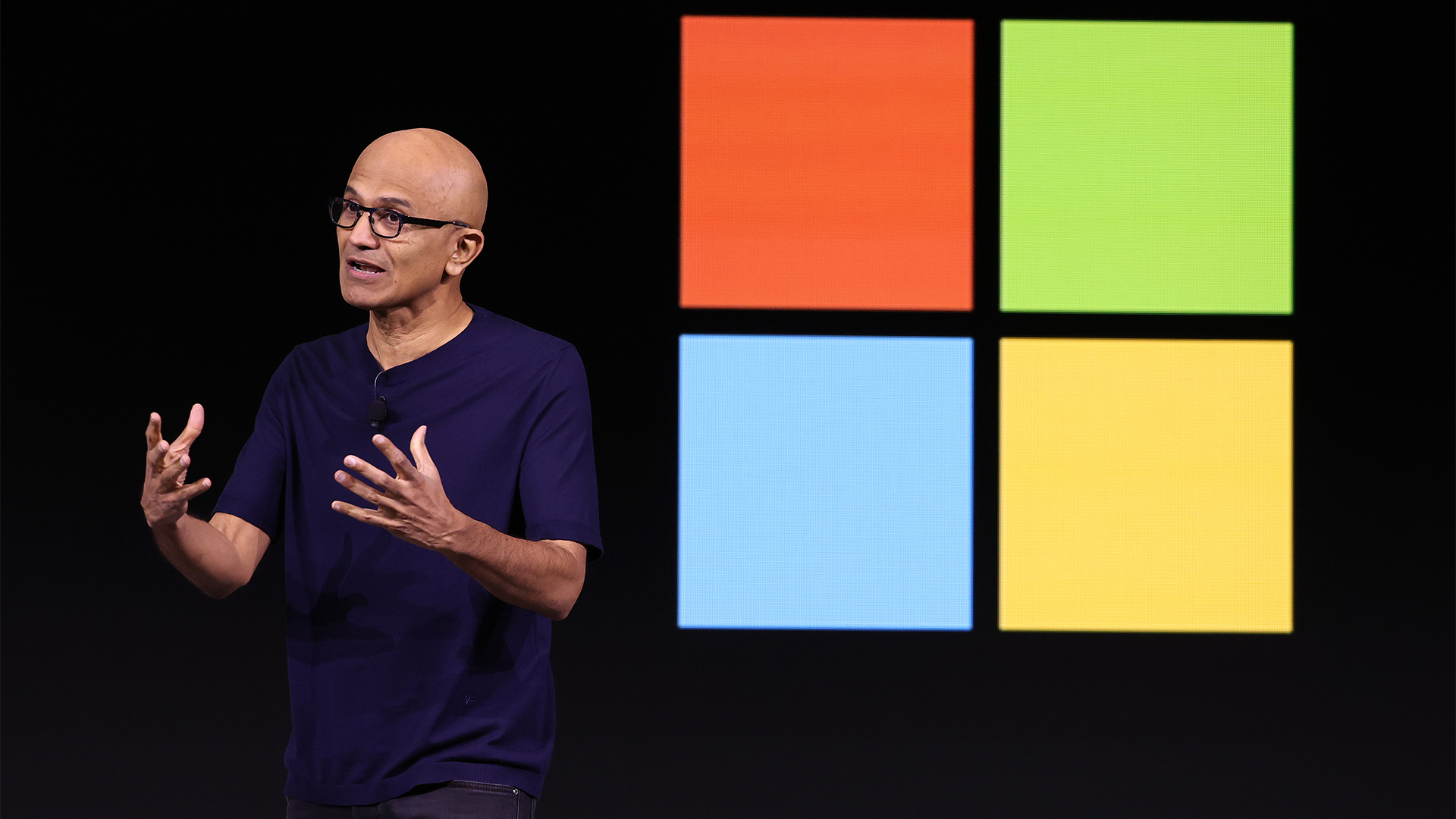 Microsoft sharpens agentic AI focus with new ‘CoreAI’ division
Microsoft sharpens agentic AI focus with new ‘CoreAI’ divisionThe new department will bring together teams from across engineering and AI
By George Fitzmaurice
-
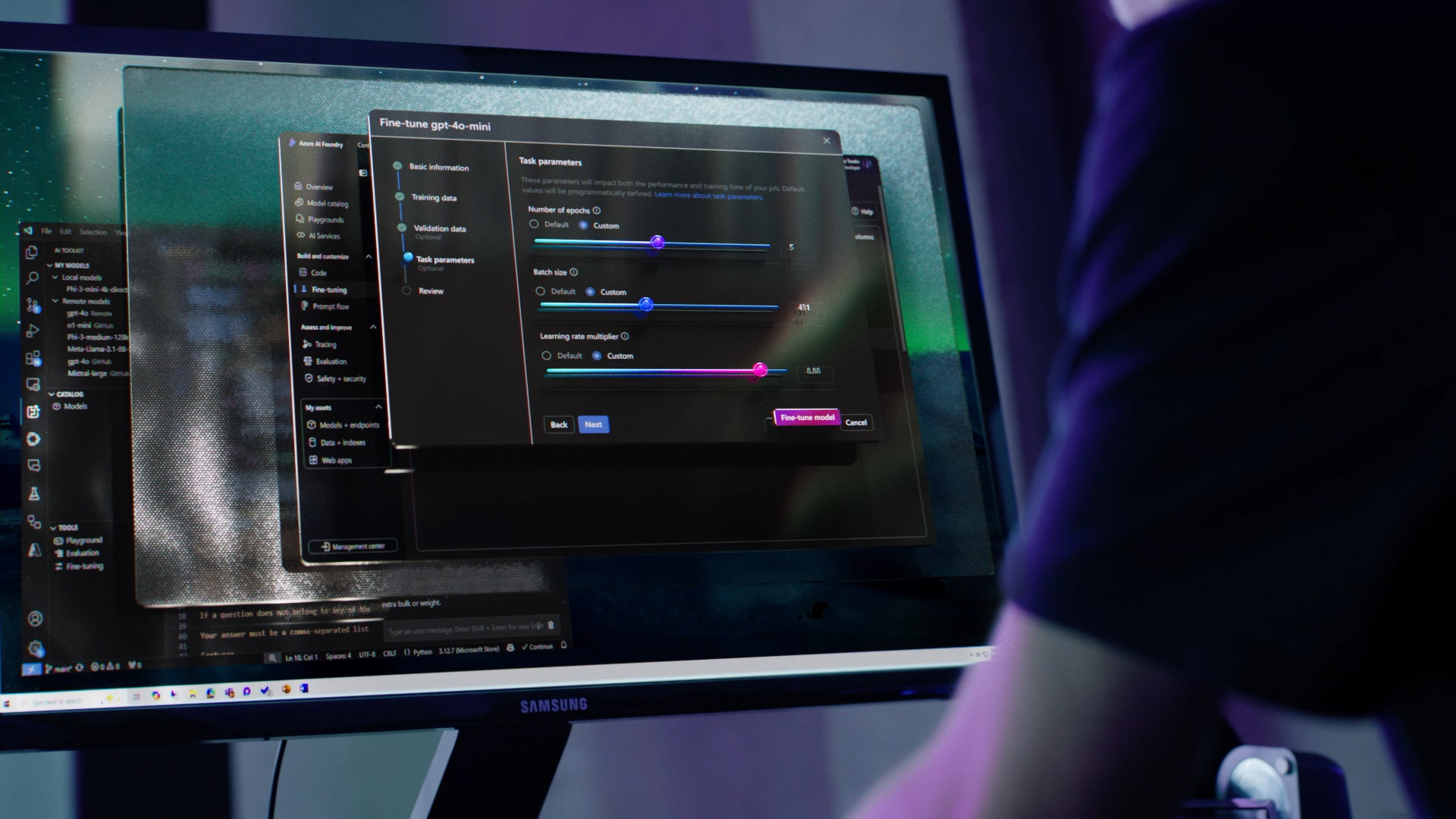 Microsoft unveils Azure AI Foundry to help businesses consolidate AI across their tech stack
Microsoft unveils Azure AI Foundry to help businesses consolidate AI across their tech stackNews The new AI application creation and management platform will integrate Azure AI Studio, and plug into popular IDEs such as Visual Studio to help developers and IT professionals drive AI adoption
By Solomon Klappholz
-
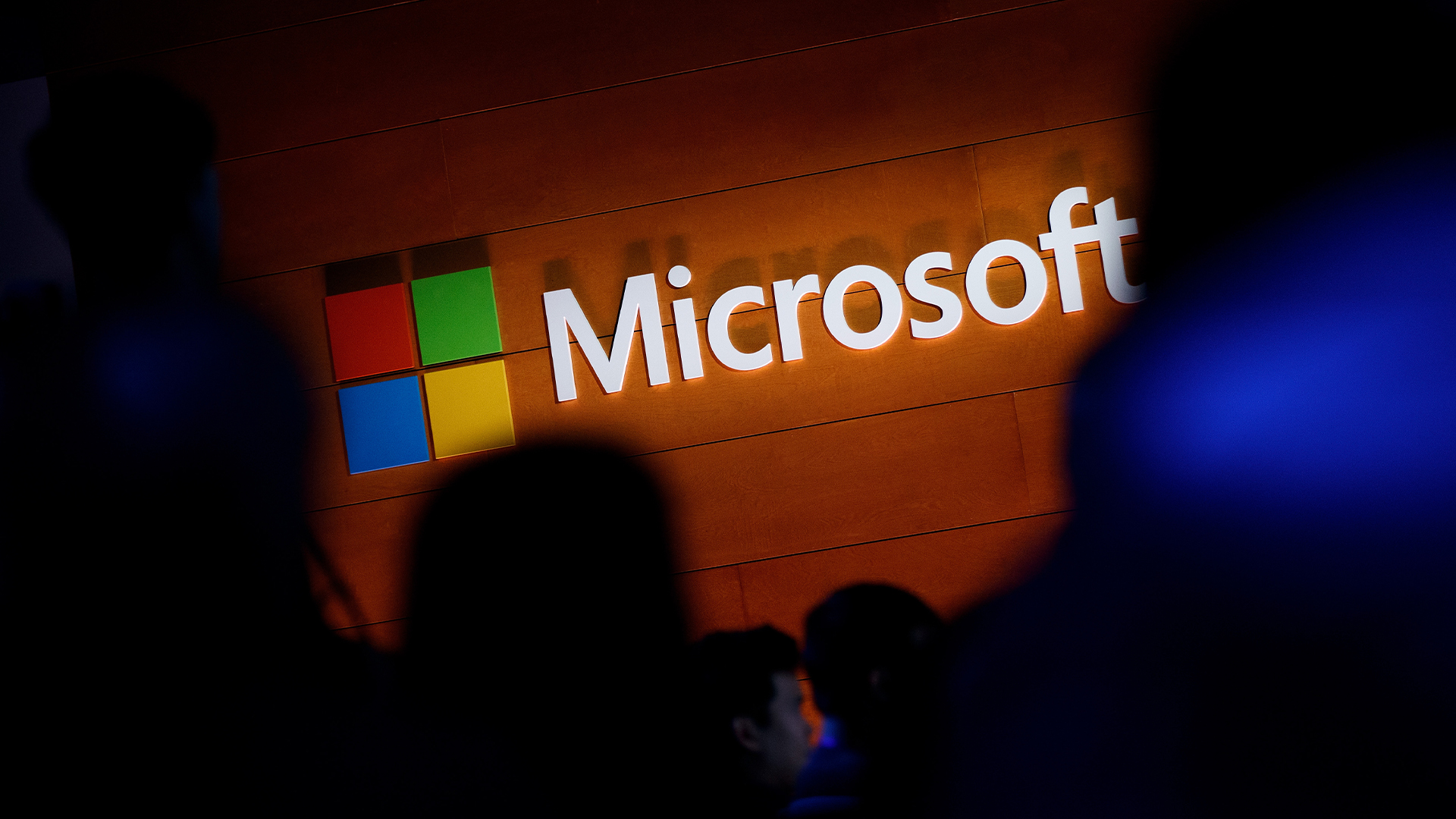 Hyperscaler AI spending is getting out of control — and Microsoft says it could take 15 years for it to make good on investments
Hyperscaler AI spending is getting out of control — and Microsoft says it could take 15 years for it to make good on investmentsNews Tech giants' results show billions being poured into AI infrastructure, but big leaps in revenue remain elusive
By Nicole Kobie
-
 Microsoft’s Mistral AI partnership has EU regulators concerned - here’s why
Microsoft’s Mistral AI partnership has EU regulators concerned - here’s whyNews Microsoft has found its European champion in Mistral AI, but regulators worry the deal raises questions over the scope of control and influence the tech giant will have over the French startup
By George Fitzmaurice
-
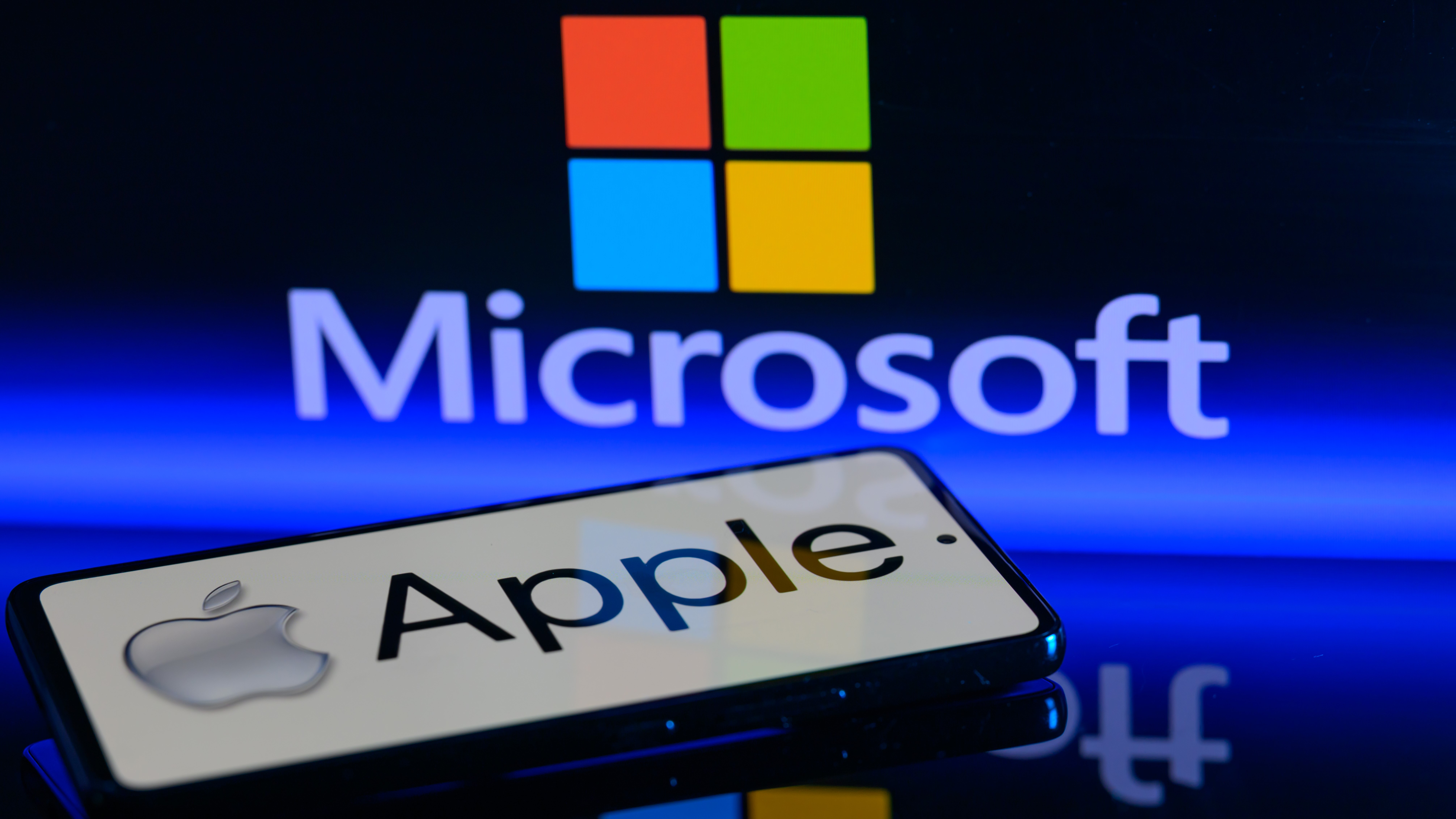 Generative AI has been the secret sauce for Microsoft as its market cap surpasses Apple
Generative AI has been the secret sauce for Microsoft as its market cap surpasses AppleAnalysis Microsoft has ramped up generative AI investment over the last year and its surging share price has been a reflection of its sharpened focus on the emerging technology
By George Fitzmaurice
-
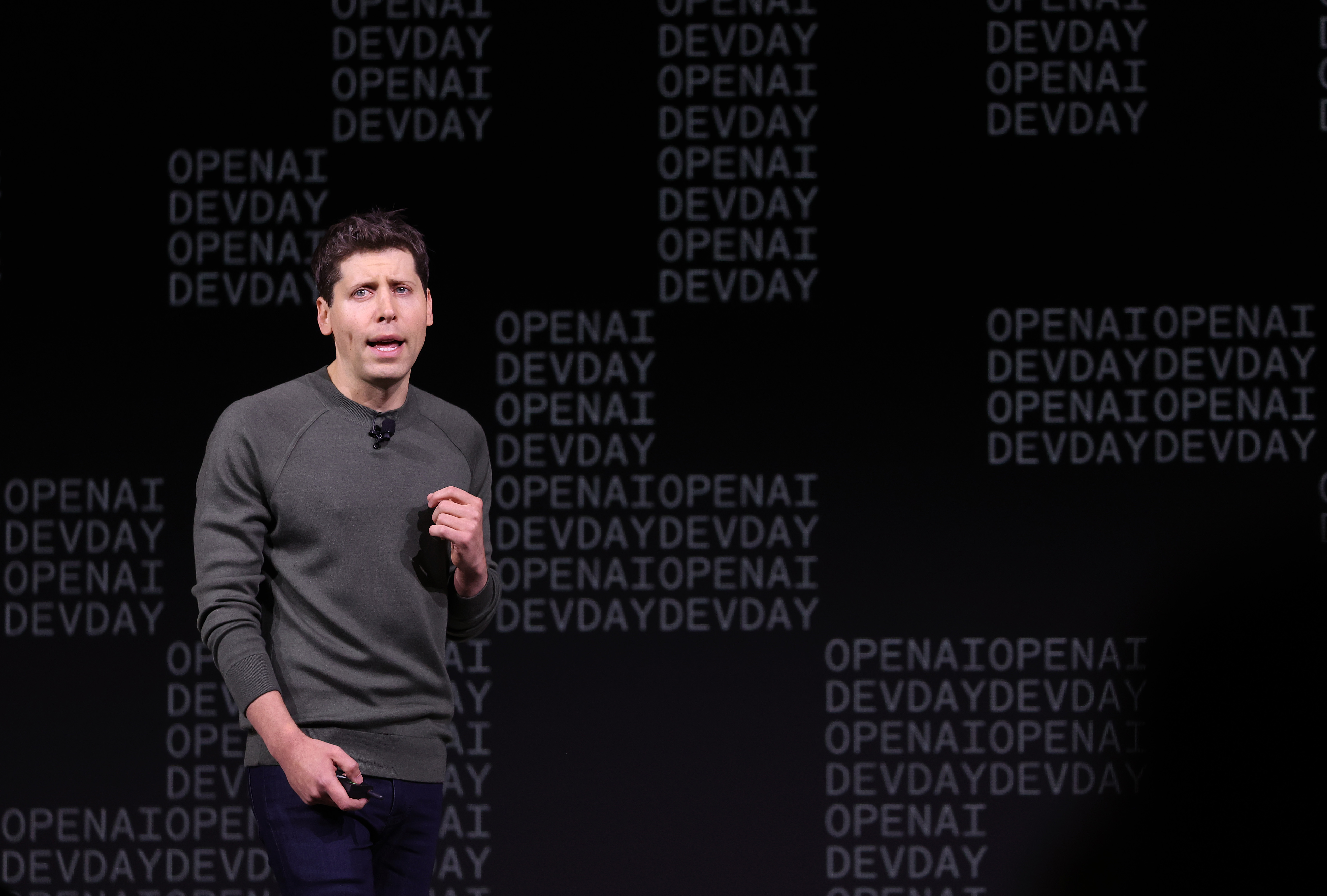 OpenAI could fast become a money pit for investors
OpenAI could fast become a money pit for investorsAnalysis OpenAI will soon have to compete on a more level footing with others in the space, after its year-long head start
By Rory Bathgate
-
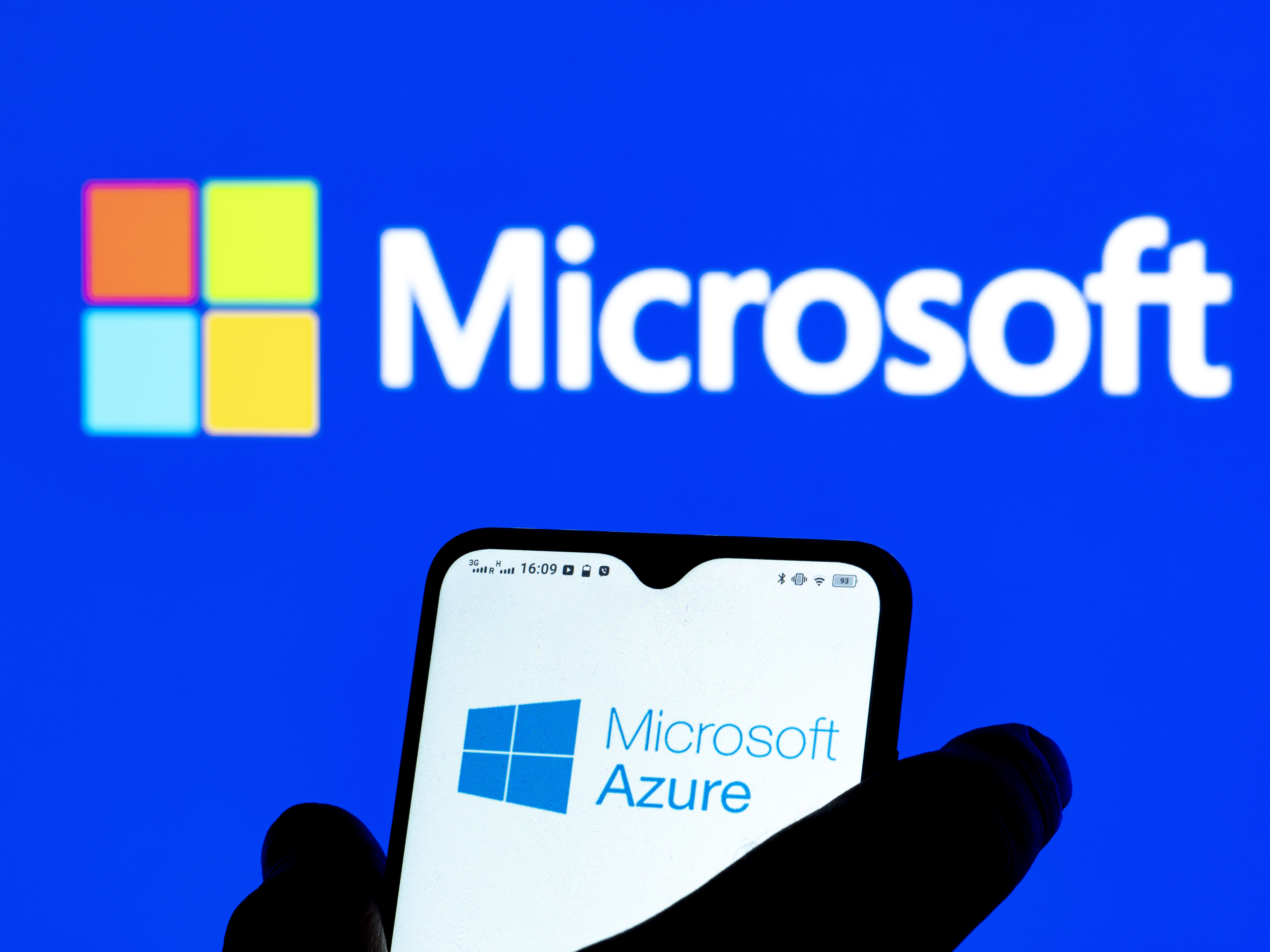 Microsoft’s latest AI move will see it open up Azure AI Infrastructure for startups training LLMs
Microsoft’s latest AI move will see it open up Azure AI Infrastructure for startups training LLMsAnalysis Opening up Azure AI Infrastructure will lower industry entry barriers for high-growth startups
By Ross Kelly
-
 Big tech quarterly earnings buoyed by generative AI interest
Big tech quarterly earnings buoyed by generative AI interestNews Surging interest in generative AI appears to be underpinning recent earnings results
By Solomon Klappholz